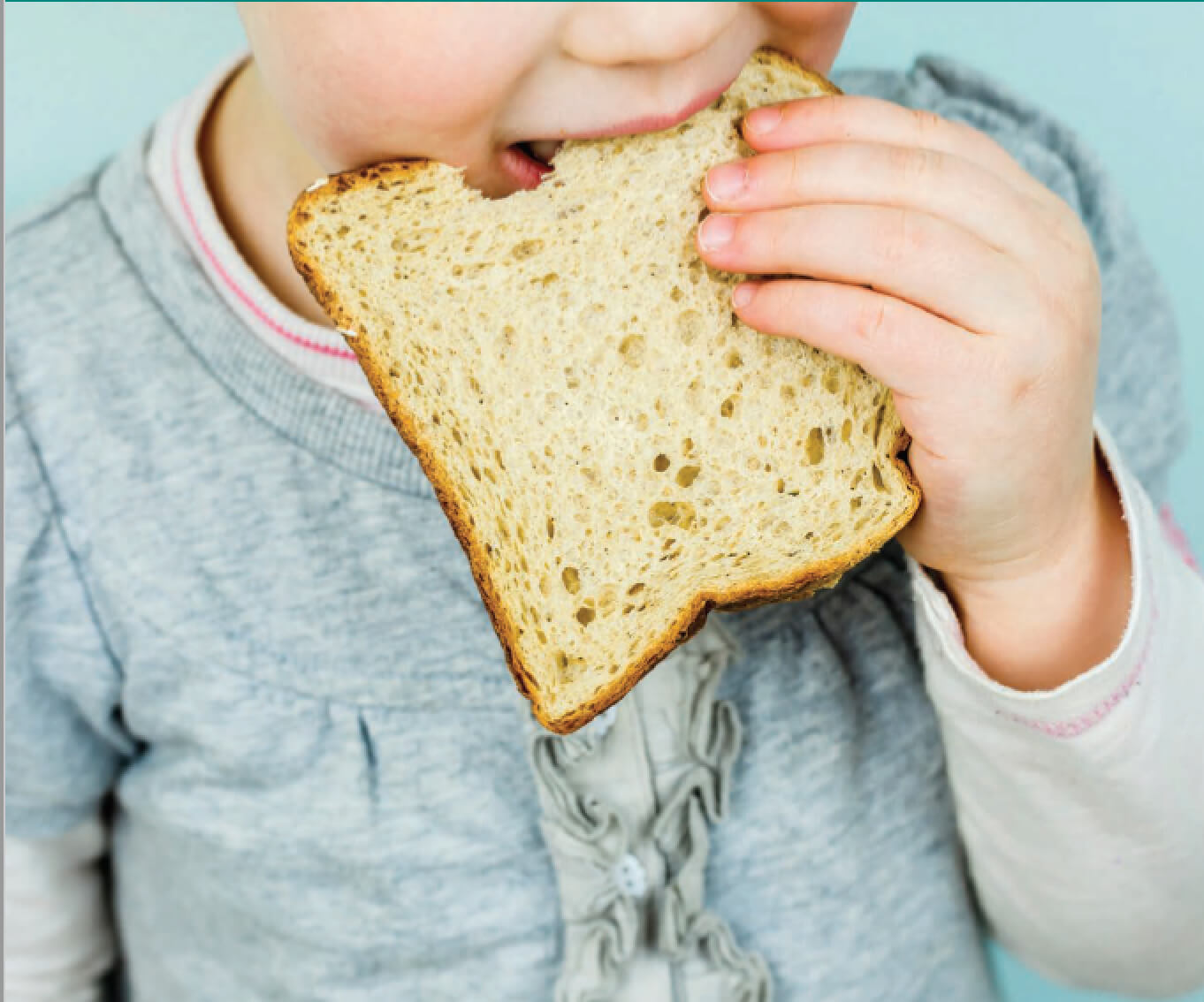Under 5’s in Aotearoa New Zealand eating takeaways and sugary foods, but not enough fruit and veg

July 27, 2022
The most comprehensive study into the diets of New Zealand pre-schoolers has found that the majority of youngsters are not eating enough fruit and vegetables and too many have diets that are high in sugar, salt and saturated fat, which researchers say can set up long term patterns of poor nutrition.
The most comprehensive study into the diets of New Zealand pre-schoolers has found that the majority of youngsters are not eating enough fruit and vegetables and too many have diets that are high in sugar, salt and saturated fat, which researchers say can set up long term patterns of poor nutrition.
The new research, led by Dr Teresa Gontijo de Castro, Prof Clare Wall and Dr Sarah Gerritsen from the University of Auckland’s Faculty of Medical and Health Sciences and published in the Journal of Maternal and Child Nutrition, used information collected from thousands of children in the Growing Up in New Zealand longitudinal study of child development when they were two and four years of age.
“Nutrition is critically important for healthy development, growth and immunity both in the preschool years, but also as children continue to grow and develop. Pre-school nutrition is particularly important as it is a time where long term food preferences and eating habits are formed that persist throughout a person’s life which can influence health outcomes,” said Professor Clare Wall, Head of the Department of Nutrition and Dietetics at the University of Auckland.
The study found that 61 percent of two-year-olds were not having enough vegetables and 45 percent not enough fruit (as recommended by national guidelines). Vegetable and fruit intake did improve by four-and-half years of age but remained low with 48 percent not eating enough vegetables and 36 percent not having the recommended amount of fruit.
“The other finding was the number of children drinking sugary drinks and eating foods high in sugar, sodium and saturated fat,” said Professor Wall.
The research showed that nearly all the children in the study had been fed hot chips, battered foods and takeaways from fast-food outlets in the four weeks prior to the information being collected, and nearly half of two-year-olds and 42 percent of four-year-olds were having at least one serving of sugary drink per week.
The study also highlighted inequalities in dietary quality, with children from lower socioeconomic households even less likely to meet healthy eating guidelines. The researchers say more needs to be done to make healthy food accessible to all families in Aotearoa New Zealand.
“The period from conception to five years of age is a highly sensitive window for strategies to encourage healthy eating and prevent childhood obesity and other health conditions associated with poor nutrition. It needs to be easier and more affordable for busy families to access fresh produce and wholegrain products which are high in fibre.” said Professor Wall.
“Products which are high in sugar and salt and saturated fat are too dominant in our food environment and are heavily marketed at young children and their families. We hope our findings will be used to update the children’s dietary guidelines and related policies, for example controls on the availability and marketing of unhealthy foods and drinks.”
You can read the full published article here.
ENDS
%201.svg)
.jpg)


